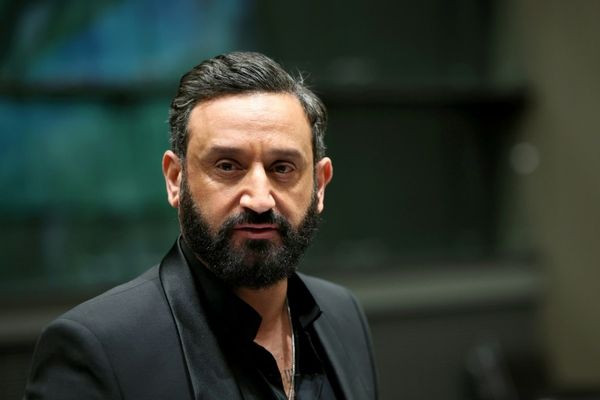
With controversial ITV baby swap drama Playing Nice, it’s becoming increasingly clear that your mileage will vary depending on your stomach for its premise. It revolves around a pair of children who were mistakenly swapped at birth, and the agony the subsequent discovery puts their parents through. It taps into a primal, gut-wrenching fear so profound that I know a lot of people – all parents, it must be said – who won’t even consider watching it.
I have to confess that I’m enjoying Playing Nice, especially the gleeful way it becomes quite self-consciously barmy. But for many others it is a step too far. Even the show’s star, Niamh Algar, acknowledged this in an interview with the Times last week: “Any parent who is going to watch this is going to be terrified.” For many, a baby swap is a line in the sand, and that’s final.
This isn’t completely unexpected, though. Baby swap storylines are always incredibly controversial, to the extent that EastEnders almost fatally injured itself trying to pull one off a decade and a half ago. Billed at the time as the soap’s biggest ever storyline, the plot began in December 2010, with Kat Slater and Ronnie Branning giving birth on the same day. However, the following day Ronnie’s baby died of sudden infant death syndrome. Ravaged with shock and grief, Ronnie took her dead child and swapped it with the Slaters’ offspring, so that she could still have a baby.
The outrage was instant and enormous. People complained to EastEnders in their thousands about the storyline, which in retrospect was a stupidly dark thing to put on the television programme that follows The One Show. People were genuinely horrified by what they saw onscreen, and EastEnders quickly scrambled to scale it back. The initial plan was to keep the plot rolling for years, but less than a week later producers announced that they would wrap it up as quickly as possible, even telling viewers the new ending ahead of time to stop them from abandoning the show completely.
But a TV show doesn’t need an overarching theme to cross the line. Sometimes, a moment will do it. It’s hard to remember now, not least because it was overshadowed by the real-life gruesomeness of Kevin Spacey, but House of Cards was once the biggest thing on TV. Still, it could have been much bigger. In the very first scene of the very first episode, the scheming politician Frank Underwood committed the biggest crime a television show could commit: he killed a dog. Not accidentally or indirectly. He literally reached down and strangled a dog to death while delivering a monologue to camera about how decisive he is.
And we know how viewers reacted, because House of Cards was a Netflix show, and Netflix prizes its moment-by-moment analytics more than anything. “A lot of people just … click, turned off,” said Netflix CEO Reed Hastings not long after the episode. “When we watch the stats, it’s like this,” he continued, pointing straight down at the floor.
A lot of what constitutes television going too far depends on your personal circumstances. I remember that when my mother died, my iffiness towards storylines about cancer became especially pronounced. That went double when, as with Ricky Gervais’s After Life, the cancer only seemed to be deployed as a tactic to justify a facet of another character’s personality. Similarly, I know people who have struggled with scenes of domestic violence or characters killing themselves. And this is entirely their right.
However, despite this there has only been one instance of television going too far for me. HBO’s remake of Perry Mason might have been great. Matthew Rhys might have proved himself to have been the true spiritual successor to Raymond Burr. Every moment of every episode might have been an absolute delight. However, I will never know. This is because, a couple of minutes into the series, it showed a closeup of a dead baby with its eyes stitched open.
Was it integral to the plot? Presumably. But did they actually have to show it in closeup? Almost definitely not. The sheer gratuitousness of the Perry Mason dead baby shot felt so cynical – like the most berserk, unnecessarily dark move imaginable – that I had to bail on the spot. Perhaps it was a challenge on the part of the producers, to test the mettle of those watching. If that’s the case, I’m proud to say that I failed with flying colours. At least, if nothing else, Playing Nice didn’t go that far.







